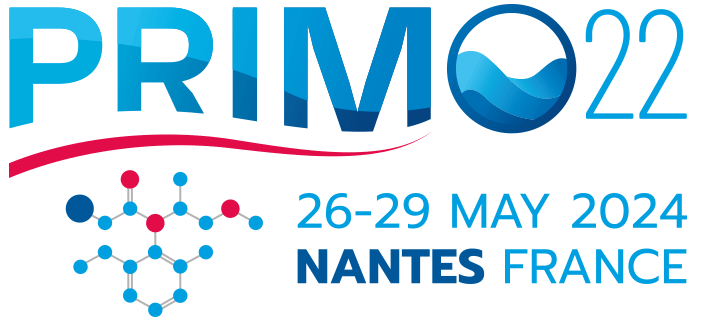
Xavier COUMOUL
Pr Xavier Coumoul is the leader of METATOX team which is one of the 8 autonomous teams of Inserm-University Paris Descartes-CNRS T3S “Environmental Toxicity, Therapeutic Targets, cellular Signaling and Biomarkers” research unit.
METATOX research is dedicated to the study of the signaling pathways underlying the health effects of pollutants. His team works on the links between various pollutants and mixtures of pollutants and the risk of breast cancer metastasis, chronic liver disease and impaired neurodevelopment.
Overall, he published 113 publications in 20 years of research post-PhD, with a h-index of 30. He was a member of two Inserm « Pesticides and Health » expert groups (2013 and 2021).
He also coordinated several ANR projects and is currently involved in several EU projects (Oberon, Neurosome), or EU consortia including Parc lead by Anses.
He was vice-president of Université Paris Cité and is currently the co-head of the master of toxicology and ecotoxicology.
Xavier’s presentation abstract: Human beings and ecosystems are exposed to a large number of molecules of anthropogenic origins, generally in the form of mixtures. The presentation will focus on this chemical component of the exposome which will be introduced to present the interrelations that exist with its other physical, biological and psychosocial components. One of the major concerns of chemical contamination (human and ecosystem) is those linked to persistent organic pollutants such as chlordecone and other pesticides, perfluorinated compounds or dioxins. In our laboratory, we developed a transdisciplinary toxicological project involving clinicians, biologists, statisticians and bioinformaticians which, after several years, demonstrated the involvement of certain POPs in the formation of breast cancer metastases. This project led to the creation of an « Adverse Outcome Pathway » or AOP, a tool that comes from ecotoxicology and that is put forward by the OECD. In the context of planetary health concept, colleagues and I used AOPs to propose reintroducing this concept in ecotoxicology with the aim of changing the ways to regulate chemicals regarding ecotoxicological risk.
